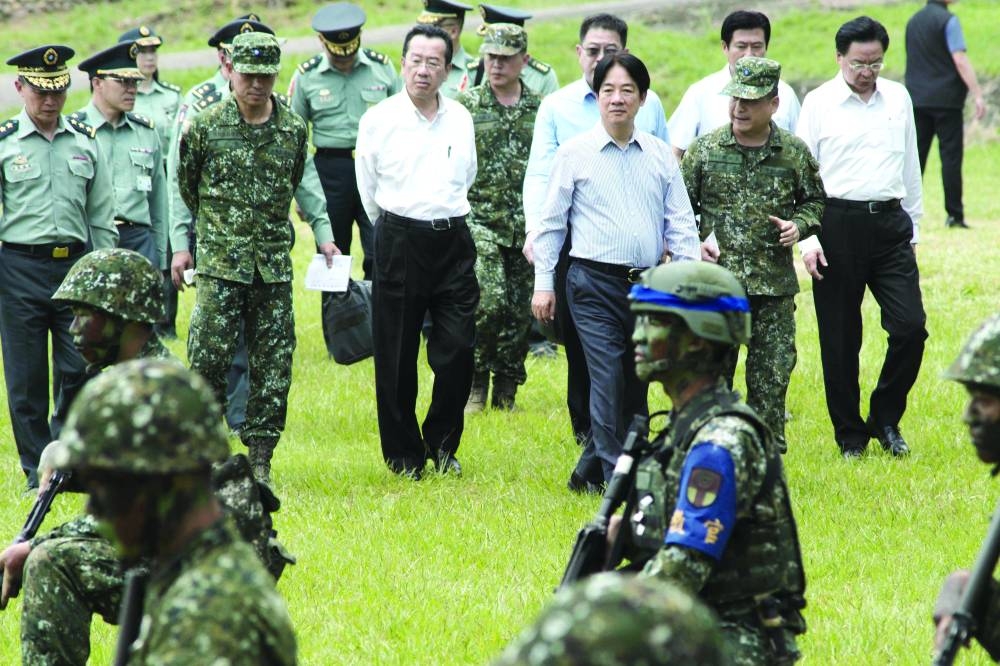China has urged Taiwanese to visit the mainland “without the slightest worry”, condemning the island authorities’ decision to raise their travel alert level after Beijing threats targeting independence advocates.
Last week, Beijing published judicial guidelines on criminal punishments for supporters of Taiwanese independence, including the death penalty for “particularly serious” cases involving “diehard” advocates.
In response, Taiwan on Thursday urged the public to avoid “unnecessary travel” to mainland China and Hong Kong.
It also raised its travel warning for China to the second-highest “orange” level.
However, Zhu Fenglian, a spokeswoman for a Chinese body in charge of Taiwan affairs, said in a statement late on Friday that the new judicial directives “are aimed solely at the very small number of supporters of ‘Taiwan independence’, who are engaged in malicious acts and utterances”.
Taiwan has ignored the facts and is trying to intimidate its own people for political means, which China is strongly opposed to, the statement said.
“The vast majority of Taiwan compatriots involved in cross-strait exchanges and co-operation do not need to have the slightest worry when they come to or leave mainland China,” she said.
“They can arrive in high spirits and leave fully satisfied with their stay,” she added.
Mainland China and Taiwan split following the Chinese civil war that ended in 1949.
Since then, China has claimed the democratic island as part of its territory. It says it wants “peaceful reunification” but has refused to rule out using force to bring it under its control.
Beijing has not conducted top-level communications with Taipei since 2016, when the Democratic Progressive Party (DPP)’s Tsai Ing-wen became the island’s leader.
It has branded her successor, President Lai Ching-te, a “dangerous separatist”.
“The DPP authorities have fabricated excuses to deceive the people on the island” and “incite confrontation and opposition”, Zhu said in her statement.
Many Taiwanese travel to mainland China to work, study or do business.
China has vowed to pursue people it views as Taiwan separatists wherever they may be, though Chinese courts have no jurisdiction in Taiwan and it is not clear how China could seek to enforce any legal judgments outside its borders.
China has not hidden its dislike of Taiwan President Lai, staging two days of war games after he took office last month and regularly sending fighter jets and warships to operate around Taiwan.
Lai has repeatedly offered talks with China but been rebuffed.
He rejects Beijing’s sovereignty claims and says only Taiwan’s people can decide their future.
China says any move by Taiwan to declare formal independence would be grounds to attack the island.
The government in Taipei says Taiwan is already an independent country, the Republic of China, and that it does not plan to change that.

This picture taken on Friday shows Taiwan’s President Lai (third right) listening to a military official during an inspection of new conscripts at a military base in Taichung. – AFP
